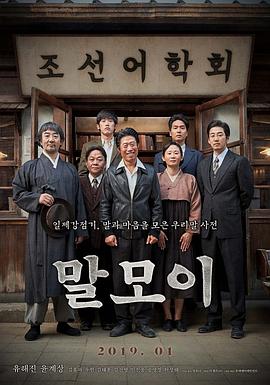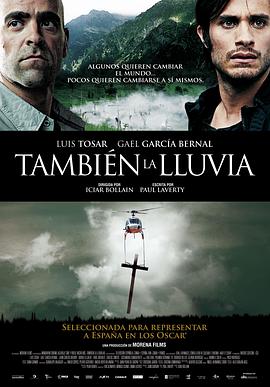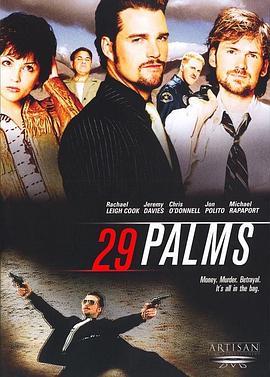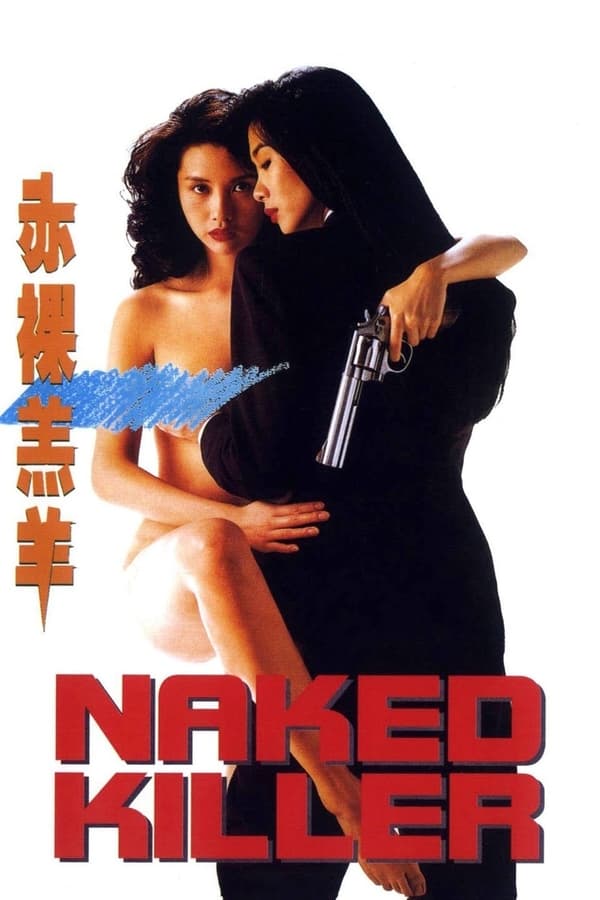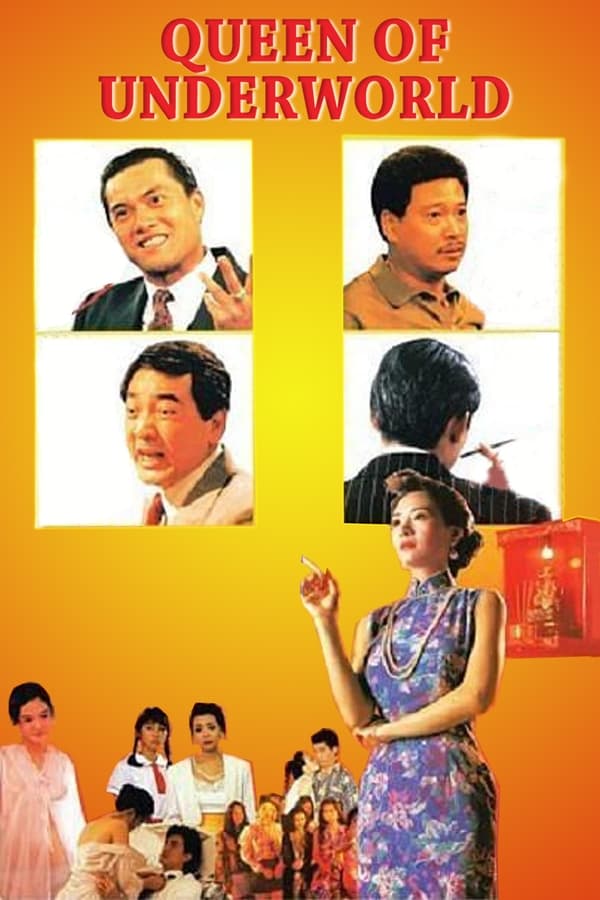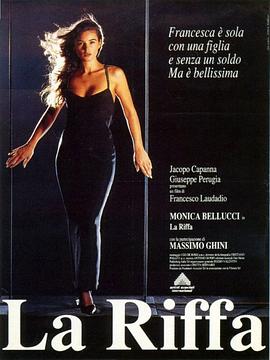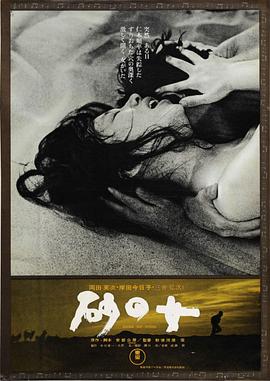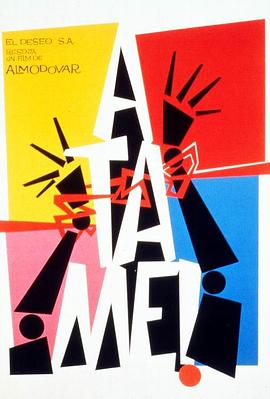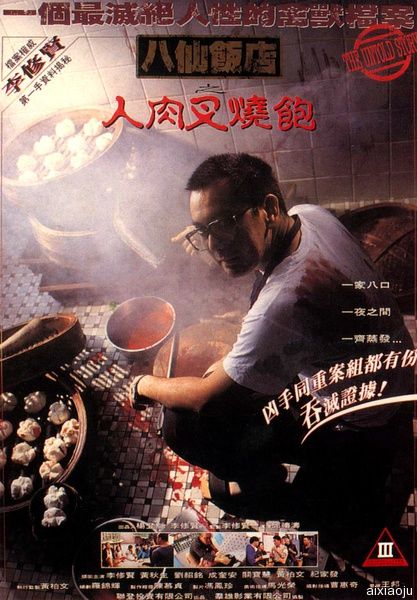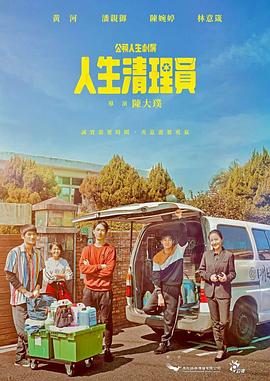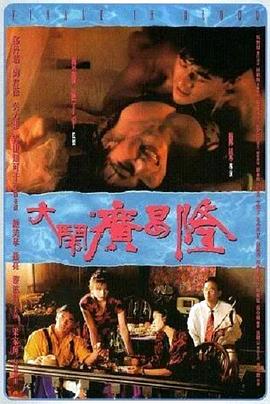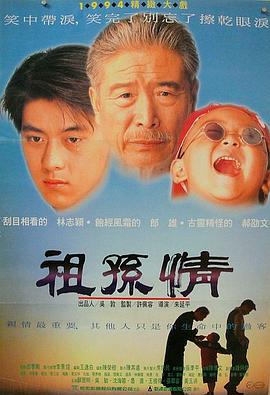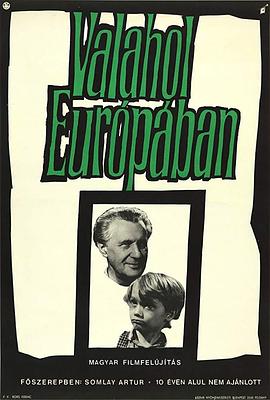
导演:
主演:
上映:
未知
更新:
2024-06-15 17:28:48,最后更新于
7月前
备注:
HD中字
TAG:
未知
剧情:
Somewhere in the remote region, the war ends. In the midst of ruined cities and houses in the streets, in rural hamlets, everywhere where people still live, are children who have lost their homes and parents. Abandoned, hungry, and in rags, defenseless and humiliated, they wander through the world. Hunger drives them. Little streams of orphans merge into a river which rushes forward and submerges everything in its path. The children do not know any feeling; they know only the world of their enemies. They fight, steal, struggle for a mouthful of food, and violence is merely a means to get it. A gang led by Cahoun finds a refuge in an abandoned castle and encounters an old composer who has voluntarily retired into solitude from a world of hatred, treason, and crime. How can they find a common ground, how can they become mutual friends? The castle becomes their hiding place but possibly it will also be their first home which they may organize and must defend. But even for this, the price will be very high. To this simple story, the journalist, writer, poet, scriptwriter, movie director, and film theoretician Béla Balázs applied many years of experience. He and the director Géza Radványi created a work which opened a new postwar chapter in Hungarian film. Surprisingly, this film has not lost any of its impact over the years, especially on a profound philosophical level. That is to say, it is not merely a movie about war; it is not important in what location and in what period of time it takes place. It is a story outside of time about the joyless fate of children who pay dearly for the cruel war games of adults. At the time it was premiered, the movie was enthusiastically received by the critics. The main roles were taken by streetwise boys of a children's group who created their roles improvisationally in close contact with a few professional actors, and in the children's acting their own fresh experience of war's turmoil appears to be reflected. At the same time, their performance fits admirably into the mosaic of a very complex movie language. Balázs's influence revealed itself, above all, in the introductory sequences: an air raid on an amusement park, seen in a montage of dramatic situations evoking the last spasms of war, where, undoubtedly, we discern the influence of classical Soviet cinematography. Shooting, the boy's escape, the locomotive's wheels, the shadows of soldiers with submachine guns, the sound of a whistle—the images are linked together in abrupt sequences in which varying shots and expressive sharp sounds are emphasized. A perfectly planned screenplay avoided all elements of sentimentality, time-worn stereotypes of wronged children, romanticism and cheap simplification. The authors succeeded in bridging the perilous dramatic abyss of the metamorphosis of a children's community. Their telling of the story (the scene of pillaging, the assault on the castle, etc) independently introduced some neorealist elements which, at that time, were being propagated in Italy by De Sica, Rossellini, and other film artists. The rebukes of contemporary critics, who called attention to "formalism for its own sake" have been forgotten. The masterly art of cameraman Barnabás Hegyi gives vitality to the poetic images. His angle shots of the children, his composition of scenes in the castle interior, are a living document of the times, and underline the atmosphere and the characters of the protagonists. The success of the picture was also enhanced by the musical art of composer Dénes Buday who, in tense situations, inserted the theme of the Marseilaise into the movie's structure, as a motive of community unification, as an expression of friendship and the possibility of understanding. Valahol Europaban is the first significant postwar Hungarian film. It originated in a relaxed atmosphere, replete with joy and euphoria, and it includes these elements in order to demonstrate the strength of humanism, tolerance, and friendship. It represents a general condemnation of war anywhere in the world, in any form.
收起
相关影片
2019
剧情片
韩国
HD中字版
2010
剧情片
西班牙
路易斯·托萨尔 盖尔·加西亚·贝纳尔 胡安·卡洛斯·阿杜维里 卡拉·埃莱哈尔德 劳尔·阿雷瓦洛 Carlos Santos 卡珊德拉·钱盖罗蒂 Milena Soliz Leónidas Chiri Ezequiel Díaz Pau Cólera 文森特·罗米洛 Antonio Mora Daniel Currás Glenda Rodríguez
为拍摄一部关于哥伦布美洲探险寻宝的电影,导演塞巴斯蒂安和他的制片人科斯塔来到了玻利维亚,然而他们的剧组却被搅入了当地民众抗议水系统私有化的政治危机当中。 入围2010年多伦多电影节当代世界电影单
HD中字版
1983
剧情片
日本
HD中字版
1983
剧情片
日本
HD中字
2002
剧情片
美国
丹尼是个冷漠的美国摄影师,而克丽丝来自东欧,这个脆弱的女人经常会突然陷入情绪低落,表现出古怪行为。他们两人完全无法进行语言交流,丹尼只会说英语,克丽丝只能说法语。性是他们唯一的交流手段。他们为相互
HD中字
1991
剧情片
香港
HD国语
1991
剧情片
其它
莫妮卡·贝鲁奇 朱利奥斯卡尔帕蒂 马西莫·吉尼 Elena Cantarone 卡拉卡索拉 Sandra Collodel Paolo Busiri Vici D'Arcevia Paolo De Vita 罗伯托·德拉·卡萨 Christina Engelhardt 马里诺·梅瑟 费德里科·帕西菲奇 Tiziana Pini 雷纳托·斯卡帕 毛里齐奥·席亚拉
“ Francesca è sola con una figlia e senza un soldo. Ma è bellissima. ”——From IMDB 女人的丈夫死于车祸,给她留下了
HD中字
1964
剧情片
日本
HD中字
1989
剧情片
西班牙
维多利亚·阿夫里尔 安东尼奥·班德拉斯 洛莱斯·莱昂 玛丽亚·巴兰科 萝西·德·帕尔马 胡丽叶塔·塞拉诺 弗朗西斯科·拉瓦尔 Lola Cardona 埃米利亚诺·雷东多 l José María Tasso 马努埃尔·班德拉 Juana Cordero Francisca Caballero Malena Gracia 阿古斯丁·阿莫多瓦
自三岁开始便在孤儿院生活的里奇(安东尼奥•班德拉斯),20几年来因为一直被困在精神病院和疗养院中,对外面的世界一无所知,十分单纯、直接、鲁莽。 被精神病院的医生批准可以重返社会,过另一种生活后,
HD中字
HD国语版
1993
剧情片
香港
HD国语版
2016
剧情片
美国
HD中字版
2013
剧情片
美国
HD中字版

